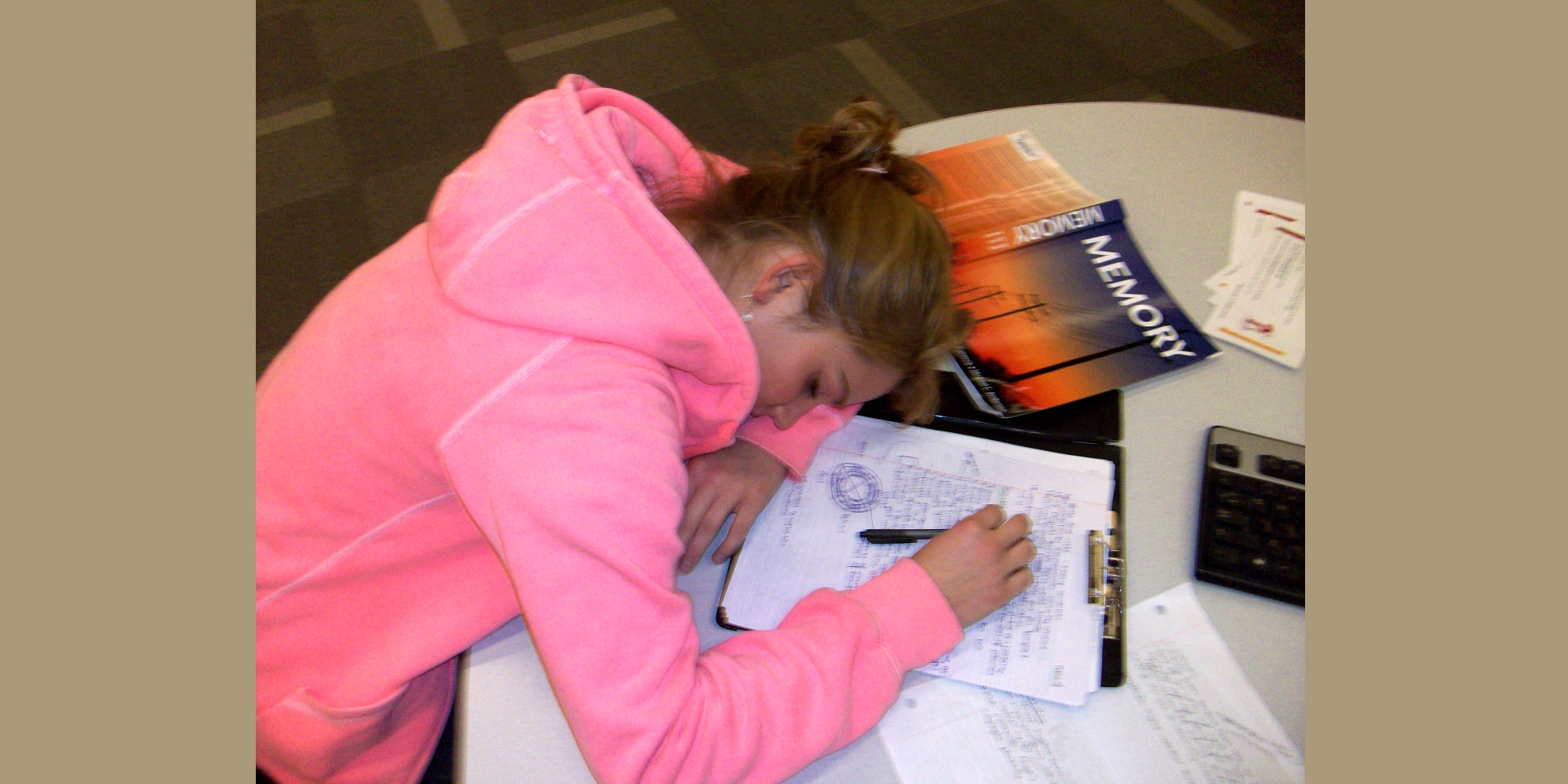Helen Lam | Contributor
Featured Image: Sleep is a valuable way to spend your time, but not when it gets in the way of school. | Courtesy of Wikimedia Commons
As the halls of York once again begin overflow and bustle with new and returning students, everyone is transitioning—perhaps quite reluctantly—from the sleep schedules that they have followed during the summer, to ones that fit their everyday academic demands. For international students, this process of re-adapting may be even more difficult due to changes in time zones.
Many students take part-time, and sometimes full-time jobs to earn the money they need to pay for tuition. However, it’s important for students to ensure they fit time into their schedule for sleep.
Classes can begin as early as 8:30 a.m., so students should ensure they’re going to bed early enough to get the amount of sleep they need to function productively for the day. The average sleep cycle is 90 minutes, and it takes approximately 14 minutes for people to fall asleep. Adults aged 18-65 are advised to get seven to nine hours of sleep a night. This means students should be setting an alarm between seven hours and 45 minutes to nine hours and 15 minutes to ensure they wake up at the end of a cycle, before a new one begins.
When working for Residence Life, night porters can work as late as 1:00 a.m. for several shifts per week. As well, York is largely commuter-based; a large number of students use public transit or drive.
It is common to see people asleep, or struggling to stay awake on public transportation. It’s essential for those who drive to ensure that they’re sleeping properly, as fatigue on the road could pose a great danger. However, staying up too late to complete tasks can end up being counterproductive, as it affects one’s ability to function the next morning.
The Health Education and Promotion team at York, which is part of the Student Community and Leadership Development office, offers information about the role of sleep, and advice on how to establish a positive sleeping pattern. They recommend an approximate length of nine hours every night, although the exact optimal amount of sleep varies from person to person.
They also emphasize that sleeping too little results in reduced cognitive performance—for example, memory and creative thinking—and decreased immunity to infections. Signs that you are in need of a greater amount of sleep include: spending at least an hour lying in bed unable to dose off to sleep, constantly napping during the daytime from the exhaustion of trying to engage in quotidian activities, finding it a struggle to sit up and get out of bed when the alarm clock sounds, and being unable to fall back asleep after having woken up in the middle of the night.
Health Education Coordinator Leah State explains that one’s mental state affects their ability to sleep.
“If you’ve just won the lottery, or conversely just experienced something that caused you distress, it’s going to impact your sleep. Furthermore—if you don’t sleep enough, that can also impact your mood,” she says.
Adequate sleep is vital to psychological well being. A person is more likely to be unable to control their feelings if they are not well rested.



